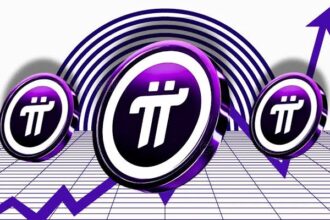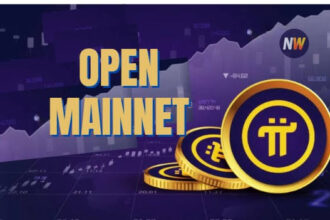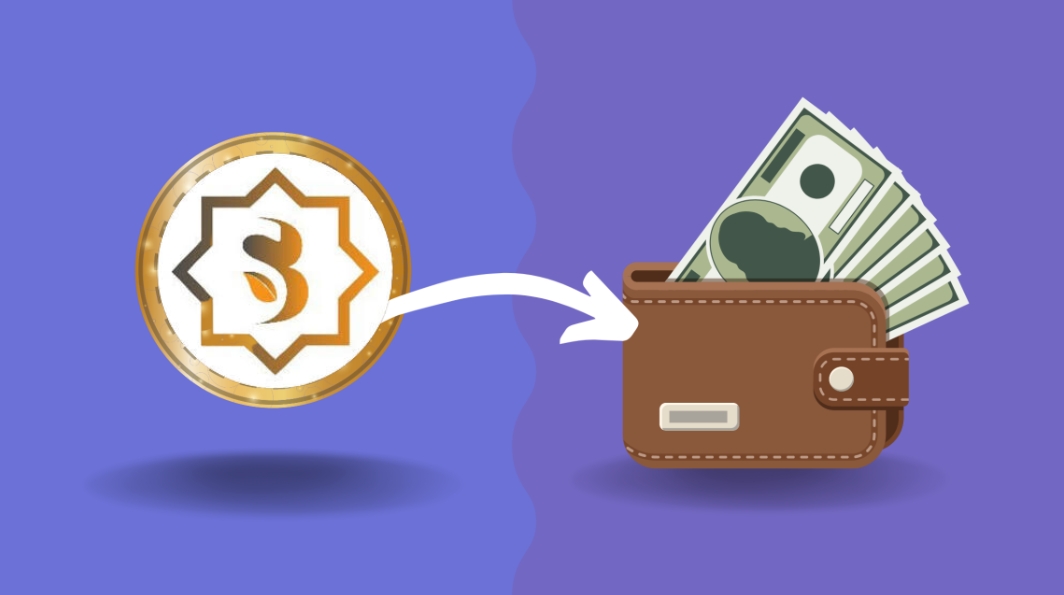Pi Network, a popular mobile-based cryptocurrency project, recently announced an extension for its KYC (Know Your Customer) deadline, now set to close on November 30. The extension gives users more time to verify their identities, join as validators, and earn Pi tokens for contributing to the network. This step is part of Pi Network’s mission to create a secure, decentralized digital currency that’s easy for everyday people to access and participate in.
Alongside this KYC deadline, Pi Network has released an important update to its Pi Node software. This update is a critical step towards bringing the network closer to its mainnet launch, expected to arrive after a roadmap reveal in December 2024.
This article breaks down the importance of these developments, why the KYC deadline matters, and how becoming a validator can benefit Pi users. Let’s dive into what these updates mean for both current Pi Network users and those interested in joining this cryptocurrency project.
1. What is Pi Network?
Pi Network is a digital currency project that stands out from traditional cryptocurrencies by enabling people to “mine” or earn Pi tokens directly from their smartphones. Founded by a team of Stanford graduates, Pi Network aims to make cryptocurrency accessible to people without requiring expensive computer hardware or technical expertise. Using the Pi app, users can mine Pi tokens simply by logging in and clicking a button each day, which makes the process approachable for anyone, regardless of their technical background.
Over time, Pi Network has built a community of millions of users, each contributing to the network’s growth. However, as with any cryptocurrency, ensuring network security is vital. That’s where validators come in—a role that helps verify users’ identities and transactions, ensuring a safe and trustworthy platform.
2. Extended KYC Deadline: What It Means and Why It Matters
The KYC process, also known as “Know Your Customer,” is an essential security measure for Pi Network. KYC requires users to verify their identities to ensure that they are genuine individuals and not bots or fake accounts. By completing KYC, users not only make the network more secure but also become eligible to migrate their mined Pi tokens to the mainnet once it’s live.
Initially, the KYC deadline was set earlier, but Pi Network decided to extend it to November 30. The extension gives more users a chance to complete the verification process, particularly those who may have faced technical or logistical challenges. For users who want to participate in the mainnet and fully unlock their Pi tokens, completing KYC is essential.
Why KYC is Important for Pi Network:
- Security and Trust: KYC verification helps build trust in the network by ensuring that each participant is a real person.
- Mainnet Eligibility: Only users who complete KYC will be able to transfer their mined Pi tokens to the mainnet.
- Community Integrity: By filtering out fake accounts, Pi Network can ensure a more genuine community of contributors.
3. The Role of Validators and How Users Can Benefit
Validators play a key role in Pi Network’s KYC process. A validator is a user who helps verify the identities of others, making sure that only real individuals join the network. Validators review documents and photos submitted by other users during the KYC process, and they earn Pi tokens as a reward for their efforts.
Becoming a validator is straightforward. To start, users need to complete their own KYC, after which they can apply to become validators through the Pi app. As validators, users contribute to the overall health and security of the network and earn Pi tokens in return.
Benefits of Becoming a Validator:
- Earn Pi Tokens: Validators receive Pi tokens for each successful verification they complete, allowing them to increase their holdings.
- Contribute to Network Security: By helping verify identities, validators play a key role in maintaining a trustworthy network.
- Be Part of the Community: Validators become more active members of Pi Network, participating in its growth and development.
Becoming a validator is also a way for Pi users to engage with the network beyond mining. Validators become contributors to the community, helping Pi Network build a secure and authentic ecosystem.
4. Pi Node Update: Moving Closer to Mainnet
Another recent development is the update to Pi Node, the software that powers Pi Network’s infrastructure. Pi Node is an essential part of the network as it allows users to run a node on their computers, which helps validate transactions and secure the network.
The latest Pi Node update brings Pi Network closer to its goal of launching on the mainnet. In traditional cryptocurrency networks, the mainnet is the full version of the blockchain where transactions and tokens are real and valuable. For Pi Network, moving to the mainnet is a significant milestone, as it means users’ Pi tokens will be officially accessible and transferable on a global scale.
The Pi Node update improves the software’s capabilities and prepares the network for the mainnet launch. Key features of this update include improved transaction handling, enhanced security measures, and increased stability—all of which are crucial for a successful mainnet.
5. Roadmap Reveal Expected in December 2024
To keep the community informed about Pi Network’s progress, the team plans to reveal a roadmap in December 2024. This roadmap is expected to outline the final steps leading to the mainnet launch and provide more information on what users can expect in the coming months.
A roadmap is essential because it gives users a clear picture of Pi Network’s goals, timelines, and key milestones. It also shows the commitment of the Pi Network team to transparency and accountability, as they provide regular updates and work toward delivering on their promises.
What to Expect in the Roadmap:
- Mainnet Launch Details: Information on the expected timeline for the mainnet launch and how users can prepare.
- Future Developments: Insights into new features or services that will be available after the mainnet launch.
- Community and Ecosystem Plans: Details on how Pi Network plans to build its ecosystem, potentially including partnerships or developer initiatives.
6. What These Developments Mean for Pi Network Users
For current and potential Pi Network users, these updates bring excitement and opportunity. The extended KYC deadline, the validator role, and the upcoming roadmap show Pi Network’s dedication to building a secure, accessible, and community-driven cryptocurrency.
The KYC deadline extension allows users who may have faced difficulties with verification to complete the process and secure their place in the network. By becoming validators, users can play an active role in maintaining security and integrity while earning Pi tokens.
Meanwhile, the Pi Node update is a clear sign that the network is progressing steadily toward its mainnet launch. With the December roadmap reveal, users will soon have a clearer understanding of the journey ahead and how they can participate in Pi Network’s future.
7. How to Get Started with Pi Network
If you’re new to Pi Network, getting started is simple:
- Download the Pi App: The Pi Network app is available on both iOS and Android.
- Create an Account: Set up your profile, using a unique username and a referral code if available.
- Start Mining: Tap the mining button daily to start earning Pi tokens.
- Complete KYC: Before November 30, complete your KYC to become eligible for mainnet and potentially become a validator.
- Consider Running a Node: If you’re interested in supporting the network further, consider running a Pi Node on your computer.
Conclusion: A Step Closer to Pi Network’s Vision
The extended KYC deadline, new validator opportunities, and latest Pi Node update mark an important chapter for Pi Network. These developments bring Pi Network closer to achieving its vision of a secure, decentralized, and user-friendly cryptocurrency that anyone can use.
With the December roadmap reveal just around the corner, the Pi Network community has much to look forward to. The progress shown in recent months indicates that Pi Network is making steady strides toward a full mainnet launch, where Pi tokens can be fully utilized and traded. Until then, users can continue to engage with the platform, secure their tokens through KYC, and contribute as validators to the growing Pi Network ecosystem.
For users around the world, these updates reinforce the idea that Pi Network is not just another cryptocurrency—it’s a community-driven project with a vision for making digital currency accessible to everyone.Continue Reading

















REWARD CODE: PIKYC